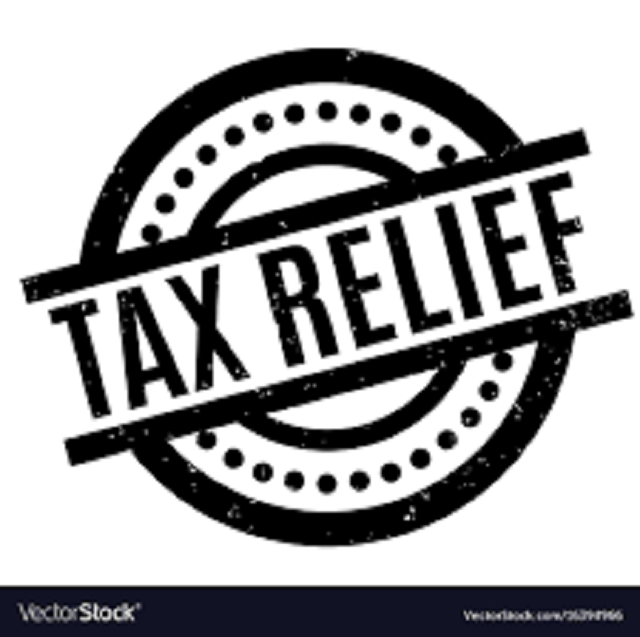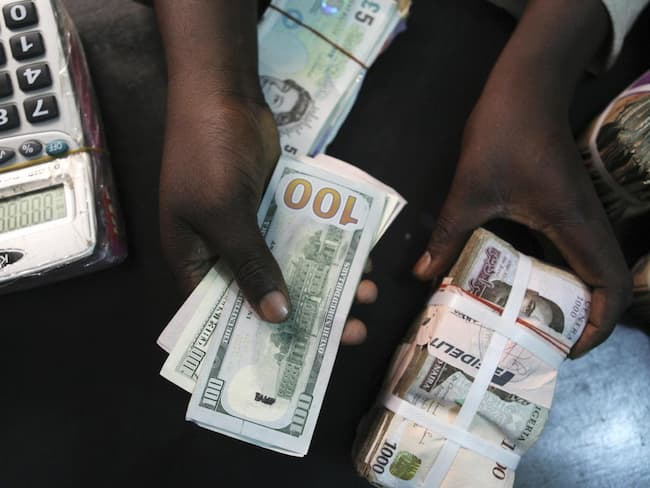According to Mr. Wale Edun, Minister of Finance and Coordinating Minister of the Economy, the federal government is considering giving companies that hire additional employees straight tax relief.
The federal government will also suspend import tariffs on a greater number of commodities in an effort to slow the rate of inflation.
In an exclusive interview with Money Line, he said as much, adding that the measures are a component of the inflation reduction act, which the president is expected to sign in a few weeks.
According to him, the fiscal measures are geared towards reducing the cost of production for businesses, which has increased due to the weakness of the exchange rate and other policies introduced by the current administration.
He said, “The inflation reduction act will now contain a range of import duties, exemptions, lowering of tariffs, and outright tax breaks for employment. If you employ more people, you will be given a tax break against it. So, a range of fiscal incentives will be laid out in an executive order, which Mr. President will, in due course, sign.”
The Minister also revealed that the federal government spends around $600 million monthly on gasoline imports. He mentioned that the high fuel import bill is attributed to neighbouring countries, extending to Central Africa, benefiting from Nigeria’s fuel imports.
Efforts to guarantee food affordability
According to Edun, a concentrated effort is made to guarantee the supply of food farmed locally. In the short term, he claims, in addition to distributing grains from the strategic reserves, a window has opened for importation because of the president’s pledge to lower prices and provide food swiftly.
He gave everyone the assurance that this action would not hurt neighborhood farmers because imports would only be permitted once local resources had run out. Edun clarified that using all locally grown products that are available in the markets or with millers would be one of the requirements for importation, with auditors in place to confirm this.
FG has not approached CBN for Ways and Means advances
He noted that these interventions aim to reduce inflation, stabilize exchange rates, and lower interest rates, thereby creating a conducive environment for investment and job creation.
The minister explained that they have not approached the central bank to request funds for paying government debts or salaries, known as Ways and Means. Instead, they have utilized market instruments to reduce what they owe, which is crucial for maintaining a strong economy.
He clarified that although the limit was raised to 10 per cent, that does not necessarily mean it will be used. This increase serves as a fail-safe, providing extra flexibility to cover payments if there is a timing gap between incoming revenue and expenses.











